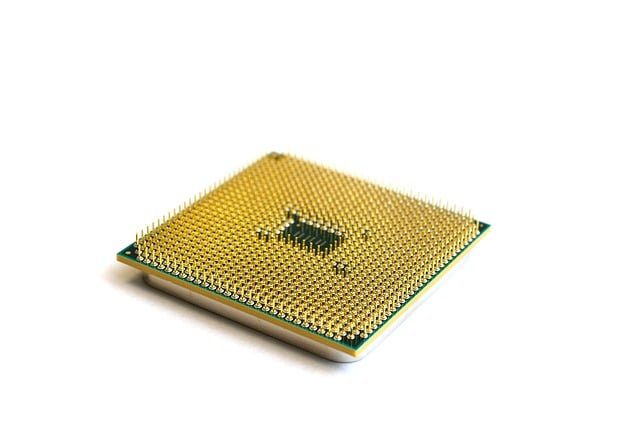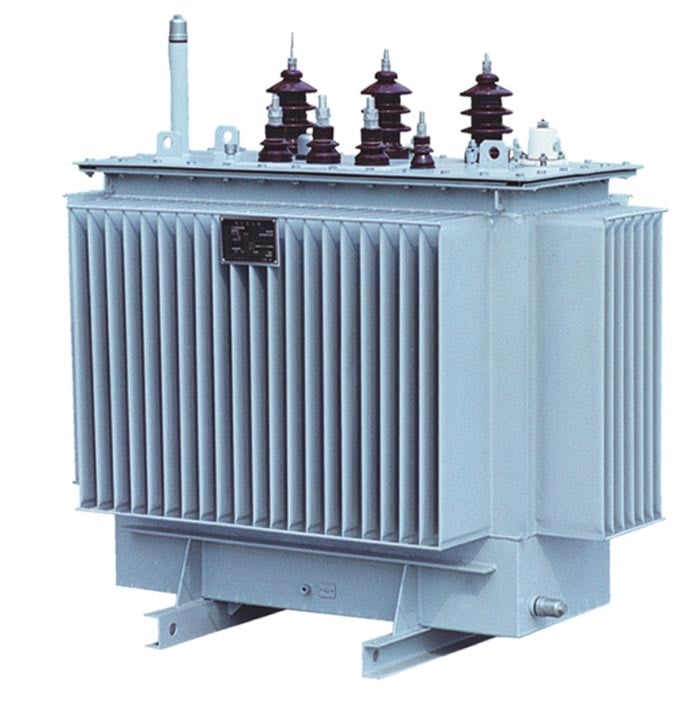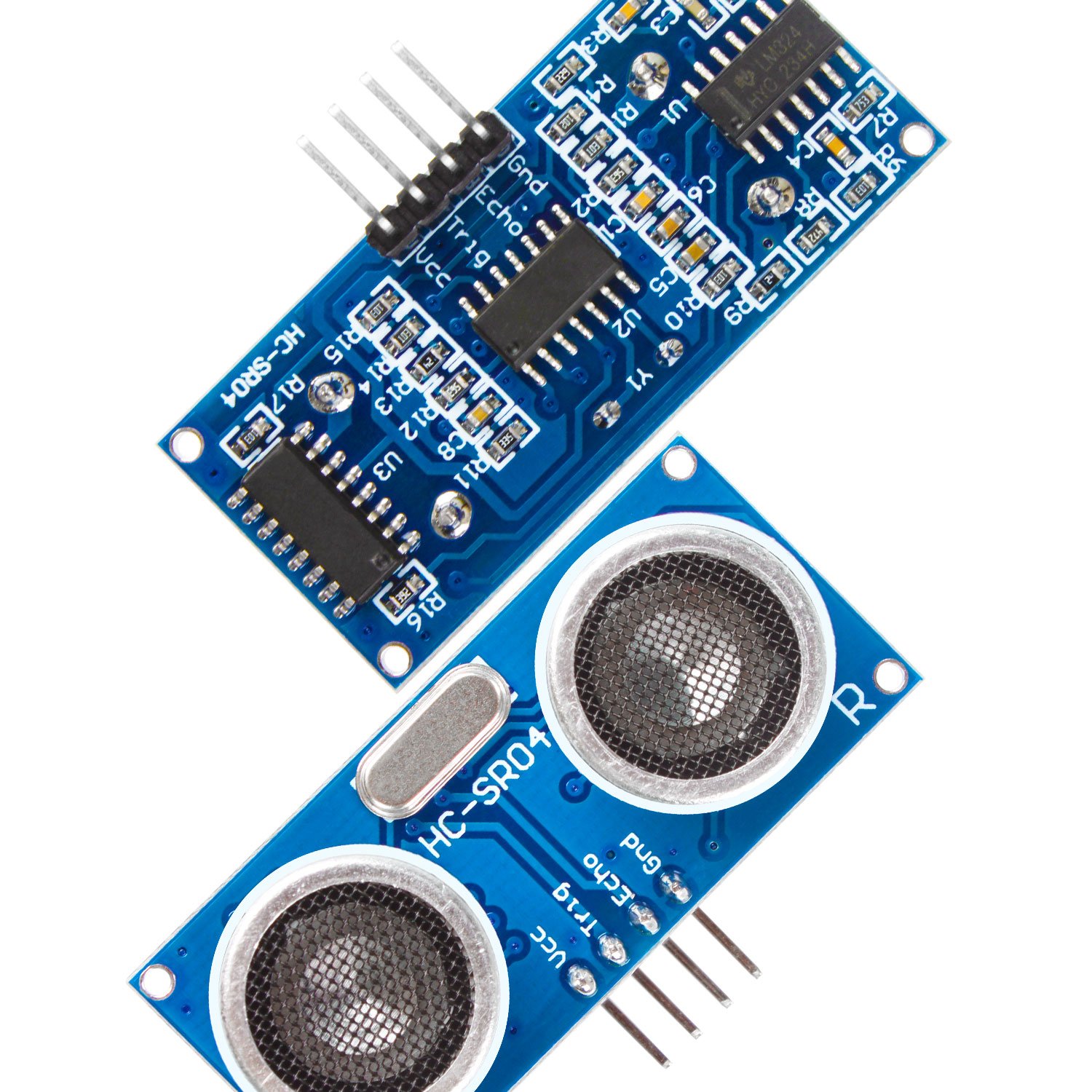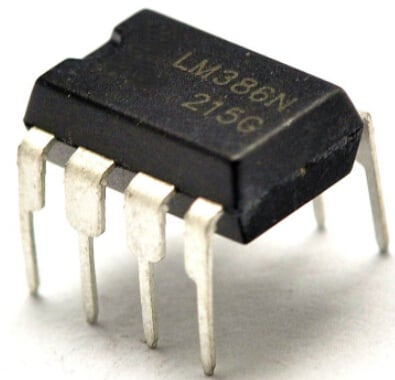Enter the order reference number received by email to check the status or make payment.
Powerful Protection from Payment to Delivery
Secure and Reliable Payment
Money Back Guarantee
Shipping and Delivery
After-Sales Service
Talking about the advantages and disadvantages of tantalum capacitors
Tantalum Capacitors
Tantalum capacitors, also known as tantalum electrolytic capacitors, are a type of electrolytic capacitor that are small in size but can achieve relatively large capacitance.
Tantalum capacitors were first developed by Bell Laboratories in the United States in 1956. Unlike ordinary electrolytic capacitors, tantalum capacitors use tantalum metal as the dielectric material, eliminating the need for electrolyte and aluminum-coated capacitor paper. They come in a variety of shapes and sizes and can be made into small and flat surface-mount components.
Tantalum capacitors are widely used not only in military communications, aerospace, and other fields, but also in industrial control, audio-visual equipment, communication instruments, and other products.

Advantages and Disadvantages of Tantalum Capacitors
1. Because there is no electrolyte inside, tantalum capacitors are suitable for working at high temperatures.
2. They have a long service life, small size, stable function, high accuracy, and excellent filtering and high-frequency response.
3. They can work under extremely harsh conditions.
4. They have a small capacitance and are more expensive than aluminum capacitors, and their voltage and current capabilities are relatively weak.
5. There is a certain upper limit to their working voltage.
Overall, tantalum capacitors are a reliable and widely used type of capacitor, with advantages and disadvantages that should be considered when choosing the appropriate type for a specific application.
Recent Posts








Company
About UsContact UsTerms & ConditionsPrivacy StatementPayment,Shipping & InvoiceRefund & Return PolicyWarranty PolicyFrequently asked questionHolidays for Chinese Mid-Autumn Festival and National Day in 2023
 US
US
















